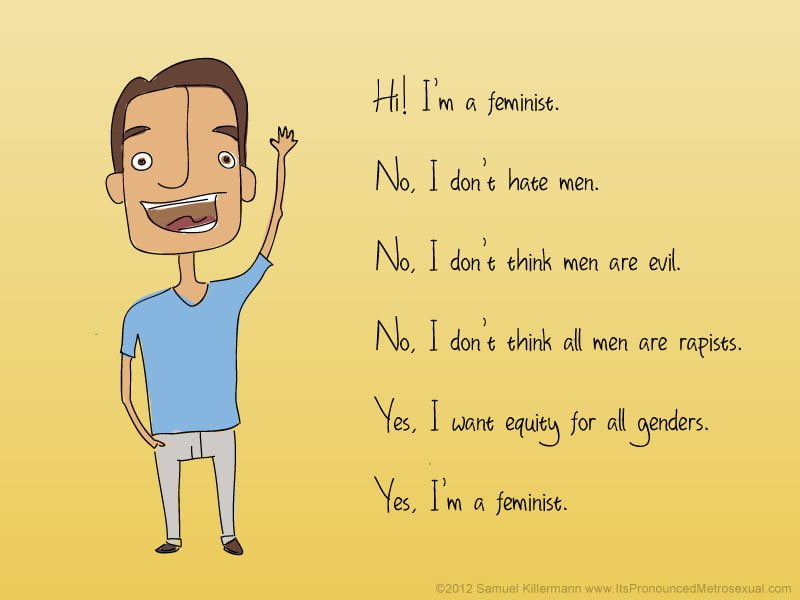Labeling is human nature. It is among our most fundamental psychological drives. Verbal communication is ours, as a trait, like hardiness, belongs to cockroaches and swimming belongs to fish. Labels are part of how we think.
I see a chair, my brain says “chair”. I see that someone is upset, my brain says “upset”. Centuries of biological and cultural evolution has created a species that names things.
However, when we think of labels, we think of the stigma attached to them. Many believe we should stop labeling people. There was a time when I was in complete agreement with this.
I used to think “give me labels, and I’ll make confetti.” In my head, I would compare humans to polarized light. Like light filters through a polaroid and comes out as a low-intensity version of itself, humans go through society – a filter made of categories and labels – and grow into narrower, limited personalities than what they had the potential to become.
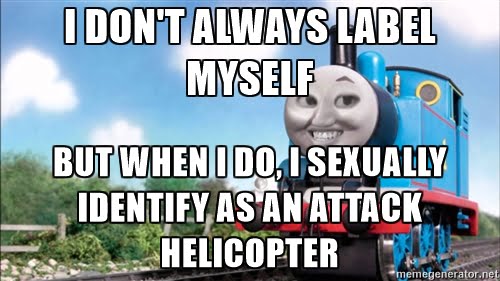
Since then I have learned that this analogy is flawed. Labels can simplify our personalities if there are only a few of them. But, the more labels we associate with people, the better we understand how complex they are.
For example, I might call myself a feminist, and your understanding of me will get reduced to that single word. But if I say I’m cis-het, female, Indian, a college student, a nerd, and a feminist, my personality takes on all those new meanings. I could go further, and put it this way – cis-het, female, Indian, college student, nerd, feminist, rock fan, bibliophile, designer, writer, and party-lover.

Read More: Modern Feminism Is Only For Rich People, It’s The Poor Who Actually Suffer
The more labels I use, the easier it is for others to comprehend the multiple dimensions of my personality.
So, let me quickly list out the pros and cons of labels, and you can see for yourself whether they are important or not.
The Good
1. Labels give us the vocabulary to discuss oppression. Claiming it doesn’t matter who you love does not change the fact that it directly affects the lives of LGBTQ people in ways it shouldn’t. Whether we use labels or not, oppression exists. Labels help us acknowledge the existence of oppression, and therefore help us fight against it.
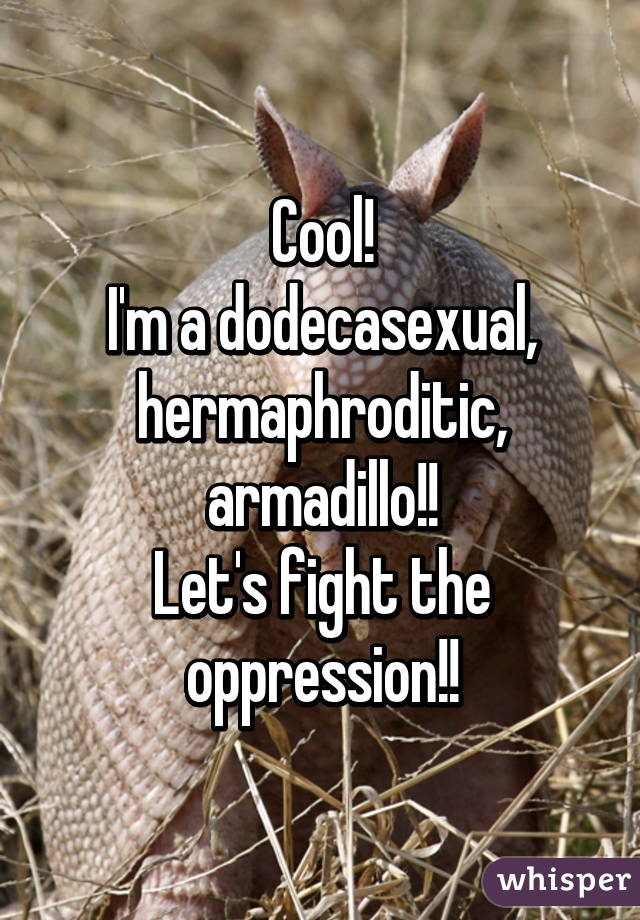
2. Labels help us find community and solidarity. Have you ever experienced the relief of “oh my god, there’s a word for how I feel” or “I’m not the only one”? Finding others who relate to your problems can be very important – the less common your labels are, the bigger is the relief you feel when you find someone who shares them.
3. Labels help us understand why we are different from others, and lead to self-acceptance by helping us establish an identity for ourselves. Growing up a transgender child in a conservative family that does not even utter that word would mean growing up confused about your own identity. But when you learn that there’s a word for it, you can finally begin to accept your differences.
4. Labels validate the existence of a concept. There are people who believe the concepts that certain labels refer to are either something that nobody truly experiences or something that’s no different from what most people experience.
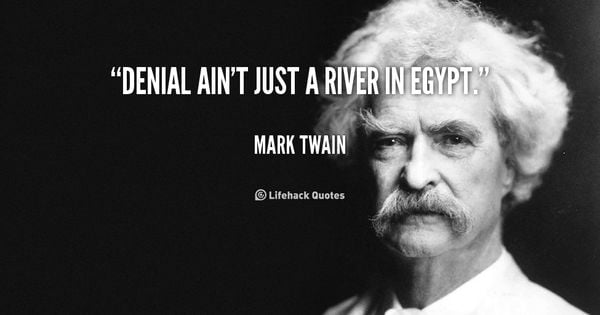
There are people, for example, who deny the very existence of asexuality or of autism or of gender fluidity. By labeling yourself as one of these, you rebel against the people who refuse to acknowledge your existence.
The Bad
1. Imposing labels on others perpetuate stereotypes associated with labels. For example, by seeing an effeminate man and saying he looks gay you perpetuate the stereotype that gay people are effeminate and heterosexual men cannot be.
2. Pressuring people into choosing labels is oppressive because it limits self-expression. For example, by making someone choose between being a liberal or a conservative, you are forcing them to fit their entire personality into one extreme.
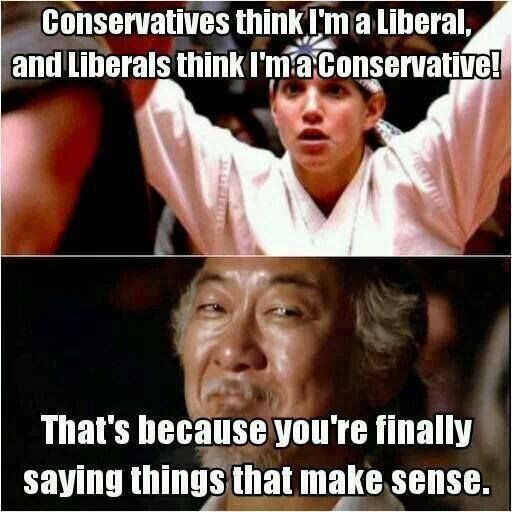
I am liberal about a lot of things, but that doesn’t mean I’m a Marxist. It is important to give people the freedom to sit somewhere on the spectrum rather than picking one side.
3. Widely misunderstood labels make people fear using them. A very good example of this is feminism. A lot of people whose ideology aligns with feminist beliefs are afraid of calling themselves feminists because feminism is often mistaken for female supremacy or misandry.
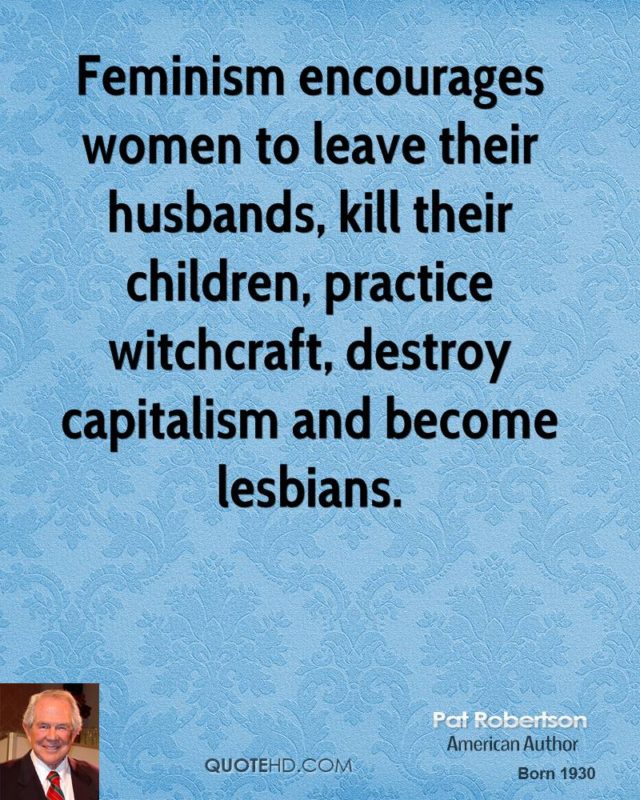
Striking a Balance
Labels can be used in a constructive manner, if we go about it properly. The best way to go about it is to let people decide whether they want to pick labels at all, and if they do, which labels apply to them.
Also, labels should be descriptive and not prescriptive, that is to say they should describe our identity — not prescribe how we ought to behave. Rather than labels dictating our identities to us, we dictate the labels. For example, if someone identifies as lesbian, but finds a man sexually attractive, that’s perfectly fine. It is important not to restrict ourselves according to our labels.
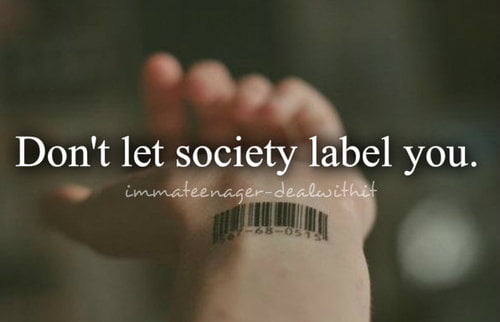
If the label fits, wear it; then try on some others, as well.
Image Credits: Google Images
We do not hold any right, copyright over any of the images used, these have been taken from Google. In case of credits or removal, the owner may kindly mail us.
If you enjoyed reading this, you might also be interested in:
SexED: 11 Unusual Types of Alternative Sexuality You Should Know About


























